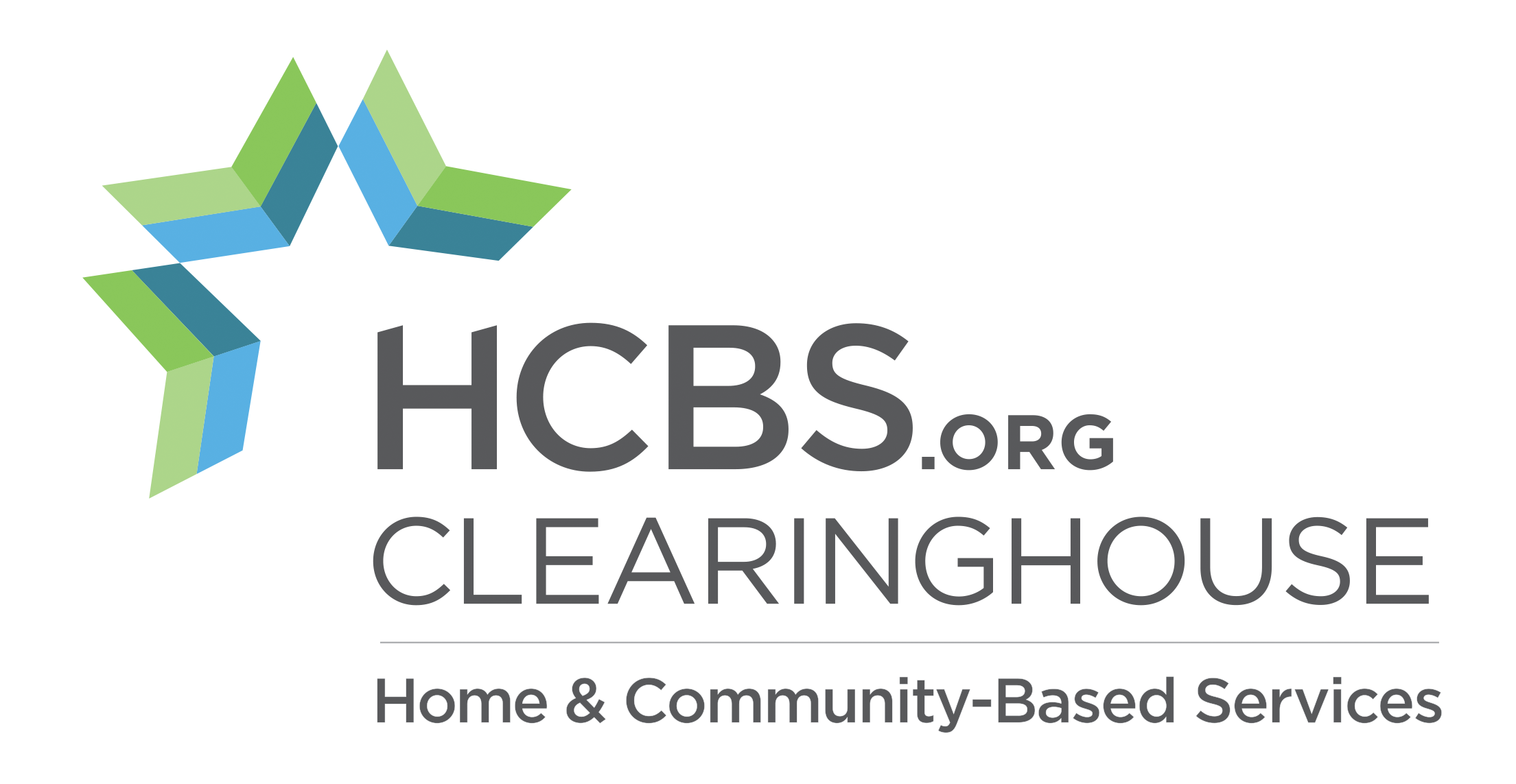
Comparison of VR Outcomes for Clients with Mental Illness across System Indicators
Article Publication Date
Summary
Three key issues affecting the understanding of low rates of successful employment outcomes for people with mental illness are explored. These are: lack of a common definition of successful employment; lack of clear, objective, standardized data; and differences among states and programs in measuring client characteristics. Peer critiques to the data and analysis are provided along with tables comparing employment outcomes by state.
Topics
Populations
Sources
Institute for Community Inclusion
Programs/Initiatives
States
Keywords
VR; Research to Practice; Individual Placement and Support; IPS; Mental Health Transformation Grant; MHTG; Successful Closures;
Contact
Joe
Marrone
Institute for Community Inclusion / UMass Boston
NULL
joseph.marrone@gmail.com
Phone
617-287-4300

